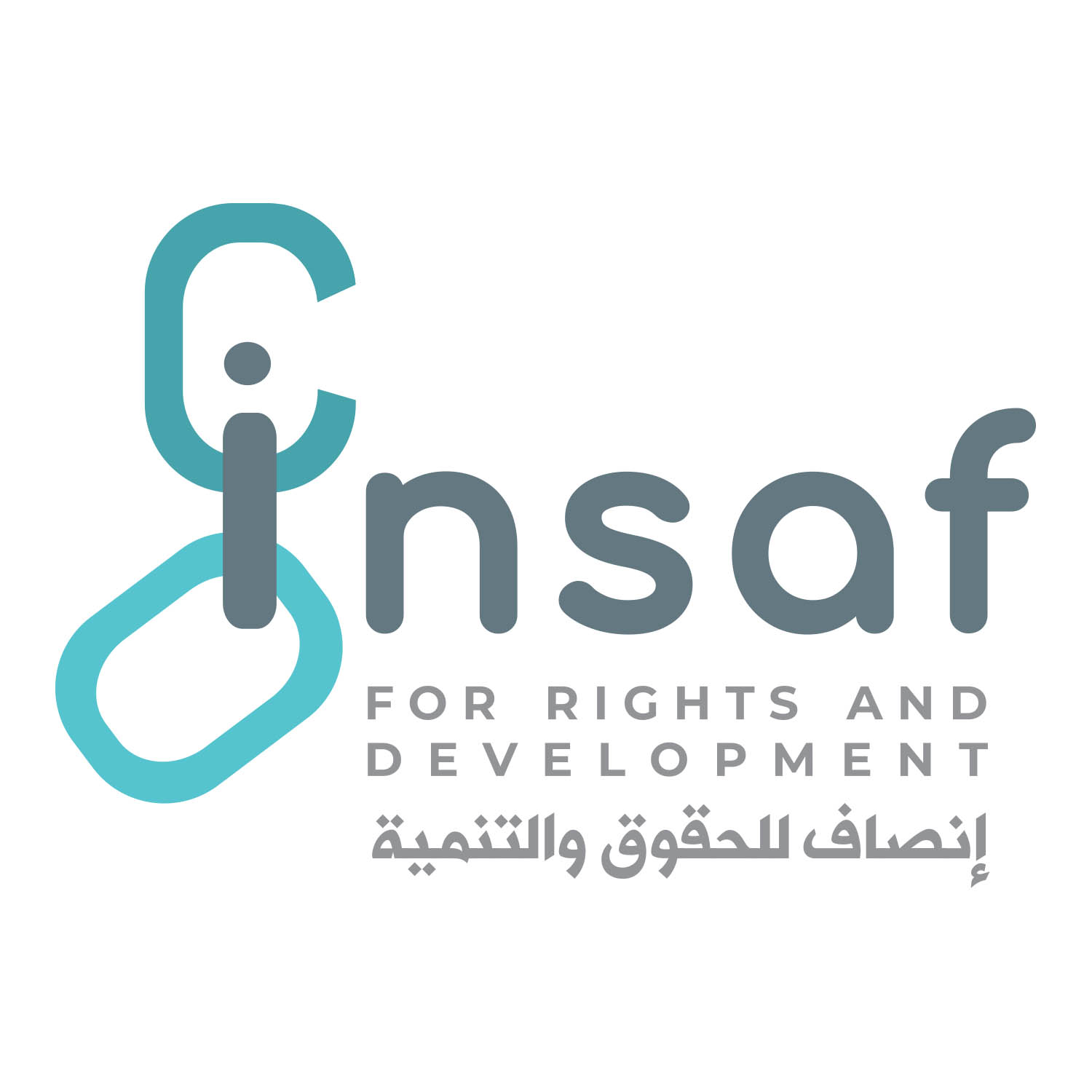French Ambassador, Jean-Marie Safa, met on Monday, June 27 2022, with several leaders and heads of civil society organizations, including Eman Homaid, chairperson of INSAF Center for Defending Freedoms & Minorities, Maysa Ahmed, an activist and expert in the affairs of people with disabilities & the deaf at Weam Institute, Abha Abdelhamid, President of Al-Amal Women’s Social and Cultural Foundation, Samira Seyoud, President of the Aman Association for the Less Fortunate, and Ola Al-Azab, Head of the Lilas Youth Volunteering Initiative.
Executive Director of INSAF Center, Ibrahim Nagib, welcomed the French Ambassador at the beginning of the meeting and introduced the attendees. Eman Homaid then spoke about the role of civil society in building peace and the continuation and support of the armistice and sustainable peace, and about the role of the French Republic in the success of the armistice and called for more attention to this matter by the French side. She also briefly touched on the role of minorities in Yemen.
This was followed by a speech by the French ambassador, in which he expressed his happiness to participate in this meeting, stating that the Yemeni people aspire to establish a state for all, and is yearning for a life of dignity and respect. He mentioned the importance of working hard to stop the ongoing war, or wars, in the country while ensuring citizenship rights and denouncing racism in all its forms, and warned of the danger of child recruitment, saying that this is a danger to the next generation. He also touched on several related topics and stated that in addition to working to save the people, the country, and society, it is also necessary to work to save culture and freedom of thought. He stressed that he is in constant contact with all parties and that France is strongly present as a member of the Security Council and the European Union.
Maysa Ahmed then spoke about the importance of the inclusion of people with disabilities. Even though all citizens were affected by this war, she argued that persons with disabilities, in particular, were among the most affected, and those who faced the most difficulties in accessing basic services. She stated that Yemen is a party to the Convention on the Rights of Persons with Disabilities, and has special laws that protect 4.5 million people, or about 15% of the population, according to WHO statistics. She discussed the denial of persons with disabilities’ access to work, education, and access to health care, especially during the ongoing war. She also spoke of women with disabilities, and the recruitment of people with disabilities, especially those with invisible disabilities, such as deaf people or people with autism, as it is one of the most ignored topics. She ended her statement by calling for better and more detailed data collection and analysis of people with disabilities, which will contribute to ensuring their right to participate in decisions that may affect their lives.
Dr. Abha Baowaidan, President of the Al-Amal Foundation spoke about the deterioration of services in the areas under the control of the legitimate government, calling on the international parties to alleviate this suffering. During her statement, she talked about selecting and supporting elements without competence and not following the criteria of experience or competence in youth and women to represent the authorities in the negotiations that would determine the priorities of the country in the post-war phase. She ended her statement by suggesting several recommendations, including improving services, respecting the people’s will, and fair representation in forums in the country and abroad. Human rights activist Dalia Muhammad then spoke about the lifting of the siege of the city of Taiz and what the citizens of this city are exposed to as a result of this suffocating siege and spoke about the injury she suffered from at the hands of a Houthi sniper. This was followed by a statement by Samira Sioud, president of the Aman Association for the Less Fortunate, who gave an overview of the tragic situation of the group known as the less fortunate, and the suffering of marginalized and vulnerable groups in the north and south, especially during the ongoing war. She stated that they are treated as fifth-class citizens and are deprived of obtaining documents and birth certificates, even though it is a given right as Yemenis. The meeting concluded with Ola Al-Azab, head of the Lilas Youth Volunteer Initiative, in which she demanded more attention to the youths and the role of the cultural aspect and its importance in confronting racism and ignorance.



